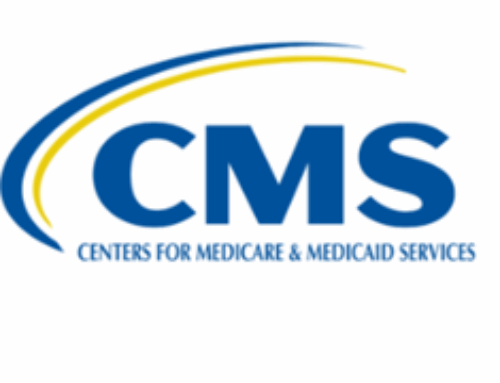CENTER UPDATE | OCTOBER 2024
In this Issue:
- Medicare $2 Drug List Model Request for Information
- PAN Launches National Educational Campaign about Upcoming Medicare Reforms
- CMS Moves All HIV PrEP Drugs to Part B
- Protecting Medicare a Top Concern for More than Half of Americans in 2024
- Report Highlights Behavioral Health Cost-Sharing in Medicare & Medicare Advantage
- SCAN Health Offers Grocery Allowance for Medicare Advantage Members
- Redefining Cancer Screening Coverage – Screening to Diagnosis
- Preventive Care is Free by Law, but Many Americans Get Incorrectly Billed
- Inequities in Unexpected Cost-Sharing for Preventive Care
- Employers Prepare for Rise in Health Insurance Costs
- Healthcare Faces Rising Costs, Worsening Outcomes

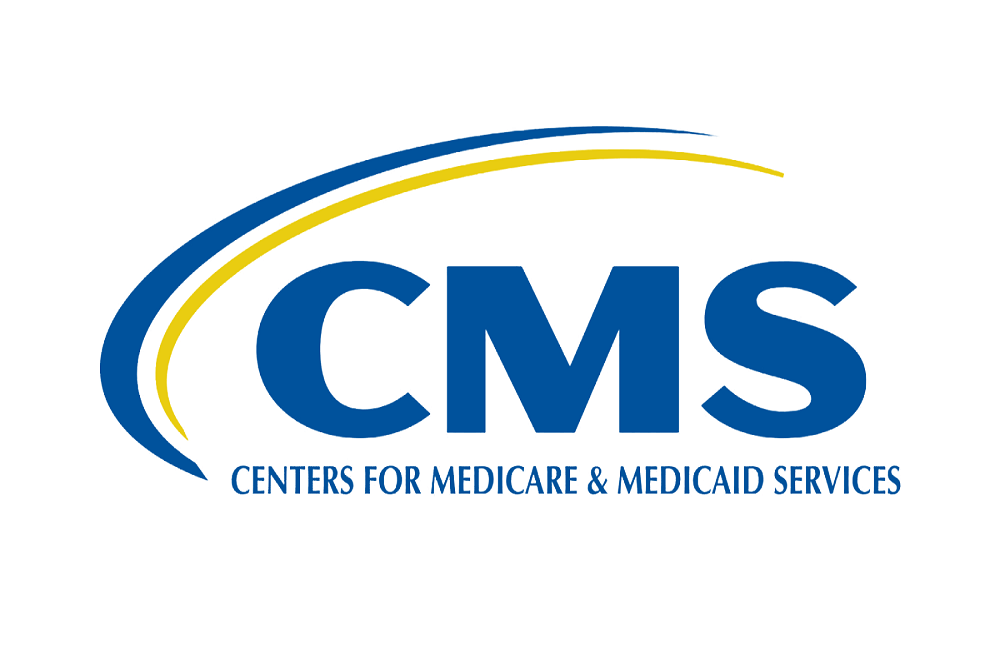
Medicare $2 Drug List Model Request for Information
The U.S. Department of Health and Human Services, through CMS, has announced a Request for Information (RFI) regarding the proposed Medicare $2 Drug List Model, aimed at making essential generic medications more affordable for Medicare beneficiaries. Under this model, participants in certain Medicare Part D plans could access specific prescription drugs for a fixed copayment of no more than $2 per month. This initiative, aligned with President Biden’s efforts to lower prescription drug costs, targets commonly prescribed medications for chronic conditions like high cholesterol and high blood pressure. CMS is encouraging public feedback on the model, which could launch as early as January 2027.
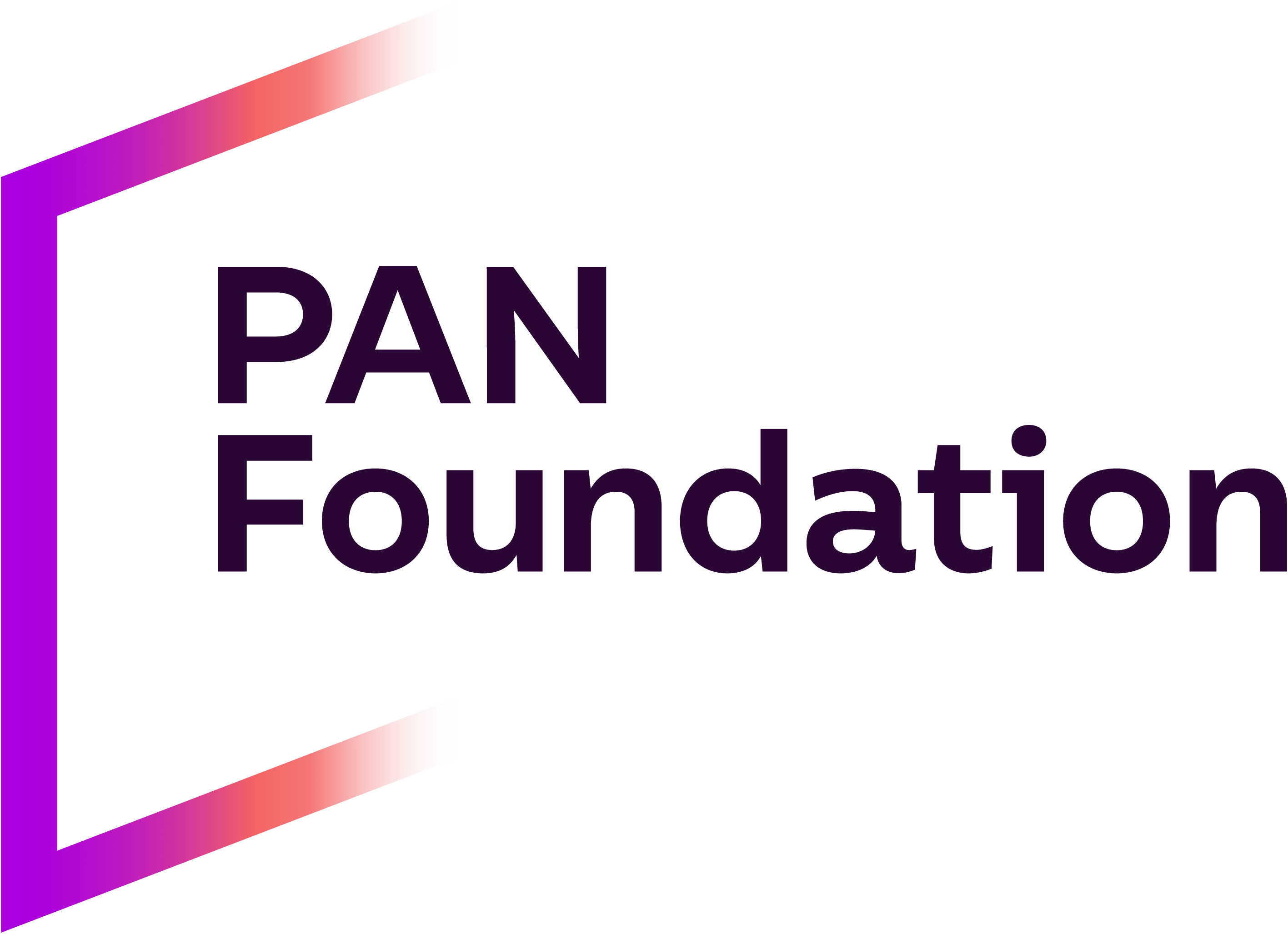
PAN Launches National Educational Campaign about Upcoming Medicare Reforms
The PAN Foundation announced its national educational campaign to inform Medicare beneficiaries about two upcoming reforms to Medicare Part D, effective January 1, 2025. These changes, which include a cap on out-of-pocket costs and the Medicare Prescription Payment Plan, aim to make prescription medications more affordable for millions of patients. Recent polling revealed that 87 percent of Medicare enrollees were unaware of these reforms, highlighting the need for increased education.
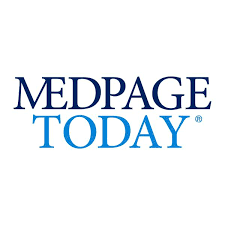
CMS Moves All HIV PrEP Drugs to Part B
Patient advocates have successfully petitioned Medicare to cover long-acting physician-administered HIV pre-exposure prophylaxis (PrEP) drugs under Part B, shifting oral PrEP from Part D. This change means that approximately 45,000 Medicare enrollees taking daily oral medications will no longer have copays.
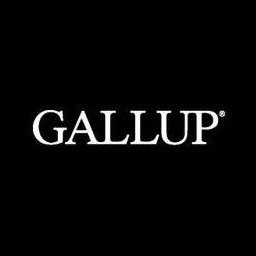
Protecting Medicare a Top Concern for More than Half of Americans in 2024
Analytics firm Gallup and West Health have found that more than half of Americans say protecting Medicare and reducing health care costs are among the most important issues influencing their choices at the ballot box, a new survey finds. What’s more, two-thirds of respondents think health care isn’t receiving enough attention in the 2024 campaign. Among the most important factors of presidential votes:
- Protecting Medicare/Social Security (63%)
- Reducing the cost of health care (57%)
- Lowering drug costs (47%)
- Policies related to mental health care access (43%)

Report Highlights Behavioral Health Cost-Sharing in Medicare & Medicare Advantage
A Government Accountability Office (GAO) report reveals that both traditional Medicare and Medicare Advantage (MA) enrollees face cost-sharing for behavioral health services. In traditional Medicare, beneficiaries must cover deductibles and coinsurance for both inpatient and outpatient behavioral health services, while Medicare Advantage plans generally have copayments of $30 for these services. Some MA plans offer additional benefits like coverage for smoking cessation and extended inpatient care. The report emphasizes the importance of accessible and affordable behavioral health services for the approximately 25% of Medicare enrollees affected by mental health conditions.
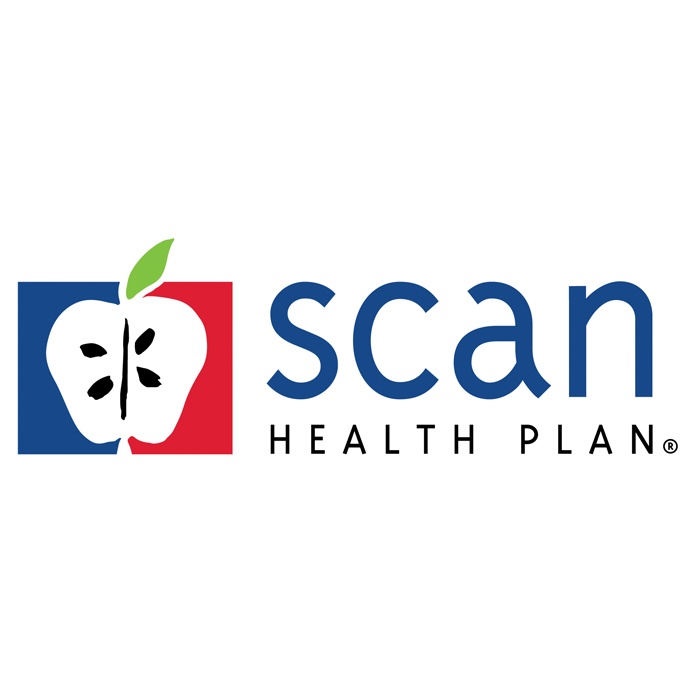
SCAN Health Offers Grocery Allowance for Medicare Advantage Members
SCAN Health Plan is partnering with Instacart to introduce a grocery benefit in its 2025 Medicare Advantage plans, addressing the significant issue of food insecurity among seniors. With projections indicating that 9 million seniors may face food insecurity by 2050, the program will provide members with a stipend to purchase healthy, culturally sensitive food options tailored for chronic conditions like diabetes. This initiative aims to enhance health equity and improve quality of life by removing barriers such as transportation challenges.

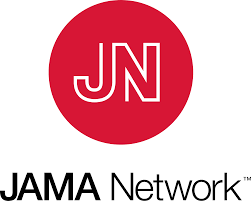
Redefining Cancer Screening Coverage - Screening to Diagnosis
A recent study highlighted the critical role of screening in improving cancer outcomes, particularly emphasizing the need for follow-up diagnostic testing after abnormal results. While the Affordable Care Act (ACA) provides cost-free access to initial screenings for certain cancers, many patients face significant out-of-pocket costs for necessary follow-up procedures, which can delay diagnosis and worsen health disparities. Research shows that eliminating these costs can lead to increased diagnostic follow-ups, earlier cancer detection, and ultimately better patient outcomes. The study advocates for policies that extend no-cost coverage to the entire screening and diagnostic process to ensure equitable access to care and reduce cancer-related morbidity and mortality.

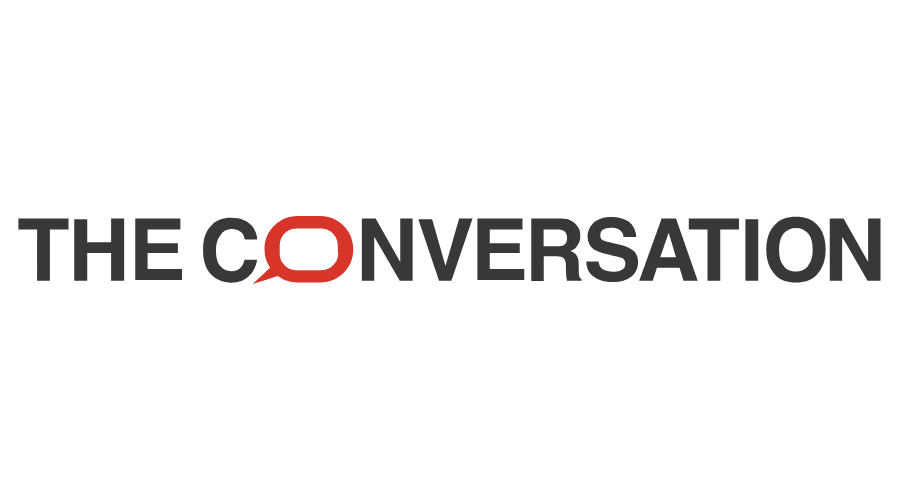
Preventive Care is Free by Law, but Many Americans Get Incorrectly Billed
A recent study revealed that low-income and marginalized patients are disproportionately affected, with higher rates of claim denials compared to their higher-income and majority-group counterparts. For instance, low-income patients were 43% more likely to have claims denied, and various ethnic groups faced denial rates roughly double that of non-Hispanic whites. These disparities not only hinder access to essential preventive care, but also contribute to ongoing inequities in the healthcare system, highlighting the need for better policies and practices to ensure equitable access to these critical services.

Inequities in Unexpected Cost-Sharing for Preventive Care
An analysis of the impact of patient demographics and social determinants of health on unexpected out-of-pocket (OOP) costs for preventive services found that 40.3% of preventive encounters resulted in OOP costs, with lower-educated patients having higher odds of incurring these costs compared to those with college degrees. Additionally, low-income patients had lower odds of incurring costs, yet paid more when they did. These disparities, influenced by education level and income, along with significant differences across racial and ethnic groups, may contribute to inequitable access to preventive care.

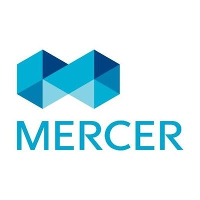
Employers Prepare for Rise in Health Insurance Costs
A recent survey by Mercer reveals that U.S. employers expect health insurance costs to rise by an average of 5.8% in 2025, marking the third consecutive year of over 5% increases. This rise is attributed to higher medical service costs, increased utilization, and factors like a shortage of healthcare workers and pricey drugs. While employee contributions to health plans are expected to remain steady at around 21%, 53% of employers plan to implement cost-management strategies to control expenses. Smaller employers face higher cost increases due to less flexibility in managing premiums and implementing cost-saving measures.

Healthcare Faces Rising Costs, Worsening Outcomes
A recent analysis from Trilliant Health highlights alarming trends in the U.S. healthcare market, showing rising costs without corresponding improvements in health outcomes. National health expenditures surged from $2.8 trillion in 2012 to $4.5 trillion in 2022 and are projected to reach $7.7 trillion by 2032, yet average life expectancy and health statuses are declining. Despite increased insurance coverage and more care options, the analysis reveals that value-based care initiatives have largely failed to reduce costs or enhance quality.
Please Help Support the V-BID Center
As a non-profit entity, the V-BID Center relies on fundraising to support our research, education, and policy efforts. Please help us continue our work by donating here. We truly appreciate your consideration.


